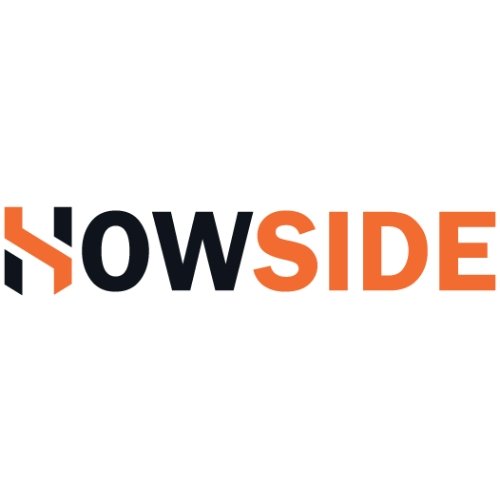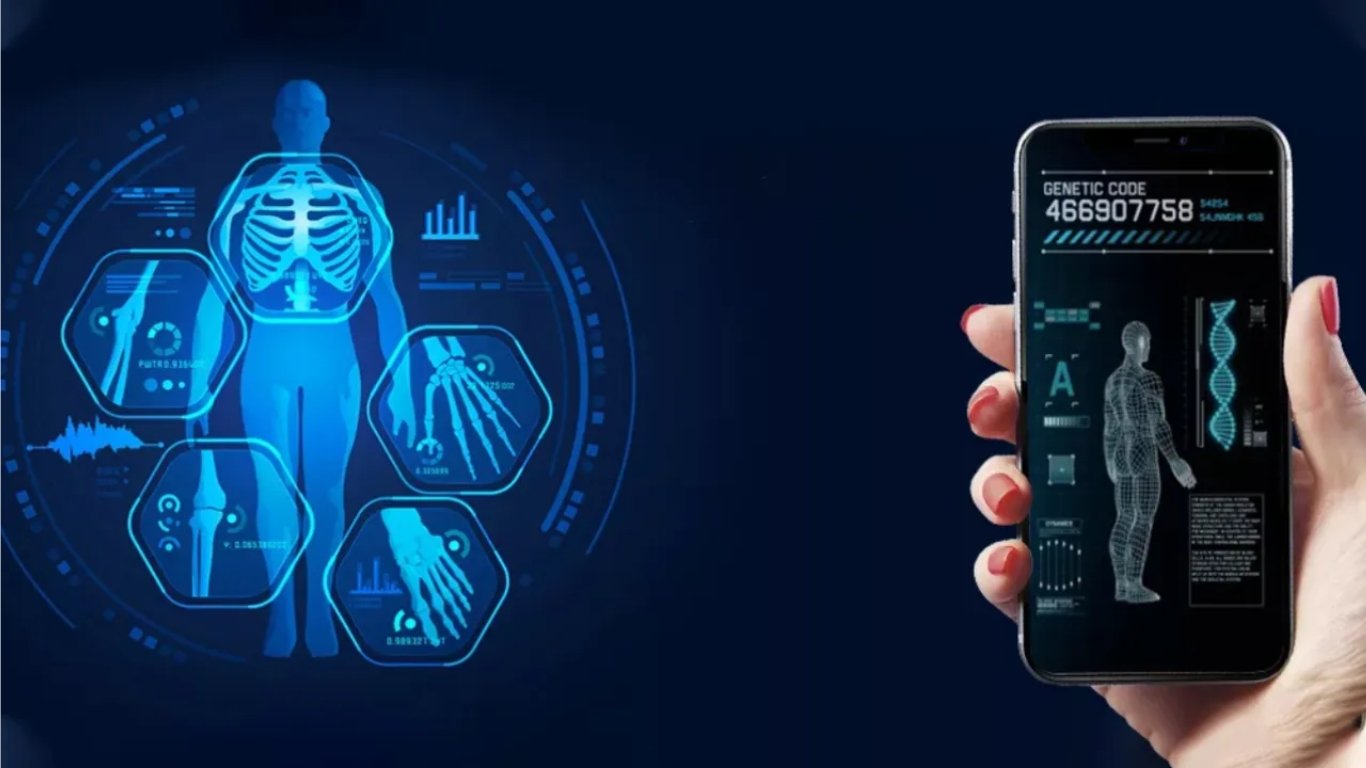The integration of artificial intelligence (AI) in healthcare is revolutionizing the industry, bringing transformative changes to diagnostics, treatment plans, patient care, and administrative processes. With its capacity to analyze vast amounts of data and identify patterns beyond human capability, AI is poised to enhance the efficiency, accuracy, and accessibility of healthcare services.
Enhanced Diagnostics
AI algorithms, particularly those leveraging machine learning, are significantly improving diagnostic accuracy. For instance, AI-powered imaging tools can analyze X-rays, MRIs, and CT scans with remarkable precision, often detecting anomalies that might be missed by human eyes. Companies like IBM Watson Health and Google Health are at the forefront, developing systems that can diagnose conditions such as cancer, heart disease, and neurological disorders more quickly and accurately than traditional methods.
Personalized Treatment Plans
One of the most promising applications of AI in healthcare is the creation of personalized treatment plans. By analyzing a patient’s genetic information, lifestyle, and medical history, AI can recommend tailored treatments that maximize efficacy and minimize side effects. This personalized approach is especially crucial in oncology, where treatments can be highly specific to the genetic makeup of both the patient and the cancer.
Predictive Analytics
AI’s predictive capabilities are being harnessed to forecast disease outbreaks, patient admissions, and individual health risks. Predictive analytics can help healthcare providers allocate resources more effectively, ensuring that the right care is available at the right time. For example, by predicting which patients are at risk of readmission, hospitals can implement targeted interventions to prevent it, thereby improving patient outcomes and reducing costs.
Virtual Health Assistants
Virtual health assistants, powered by AI, are enhancing patient engagement and support. These AI-driven chatbots and applications can answer medical questions, provide medication reminders, and even offer mental health support. They are available 24/7, providing patients with immediate assistance and freeing up healthcare professionals to focus on more complex cases.
Drug Discovery and Development
AI is accelerating the drug discovery and development process, which traditionally takes years and involves significant financial investment. By analyzing existing medications and their effects, AI can identify potential new uses for existing drugs, a process known as drug repurposing. Additionally, AI can predict how different compounds will interact with biological targets, significantly shortening the time from discovery to clinical trials.
Administrative Efficiency
Beyond clinical applications, AI is streamlining administrative tasks within healthcare facilities. AI-powered systems can manage patient records, billing, and scheduling more efficiently than traditional methods. By automating these tasks, healthcare providers can reduce operational costs and focus more on patient care.
Challenges and Considerations
While the benefits of AI in healthcare are substantial, there are challenges to consider. Ensuring data privacy and security is paramount, as healthcare data is highly sensitive. Additionally, there is a need for regulatory frameworks that can keep pace with technological advancements to ensure the safe and ethical use of AI.
Moreover, the integration of AI into healthcare systems requires significant investment and training. Healthcare professionals need to be educated on how to use AI tools effectively and how to interpret AI-generated data. There is also the challenge of ensuring that AI systems are free from biases that could affect patient care.
The Future of AI in Healthcare
The future of AI in healthcare looks promising, with ongoing advancements expected to further revolutionize the industry. As AI technology continues to evolve, we can anticipate more sophisticated diagnostic tools, more personalized treatment options, and more efficient healthcare systems. The ultimate goal is to create a healthcare environment where AI and human expertise complement each other, leading to better patient outcomes and a more efficient healthcare system.
In conclusion, AI is transforming healthcare in unprecedented ways, offering numerous benefits from improved diagnostics and personalized treatments to enhanced administrative efficiency. As the technology continues to advance, it holds the promise of a more efficient, effective, and patient-centered healthcare system. The journey is ongoing, and the potential for future innovations remains vast and exciting.







[…] a Journal or App: Keeping track of your workouts, diet, and progress can provide tangible evidence of your hard work and […]
[…] foray into the digital content arena was highly anticipated. With his immense global following, it was only a matter of time […]
Hi, I’m Jack. Your blog is a treasure trove of valuable insights, and I’ve made it a point to visit daily. Kudos on creating such an amazing resource!